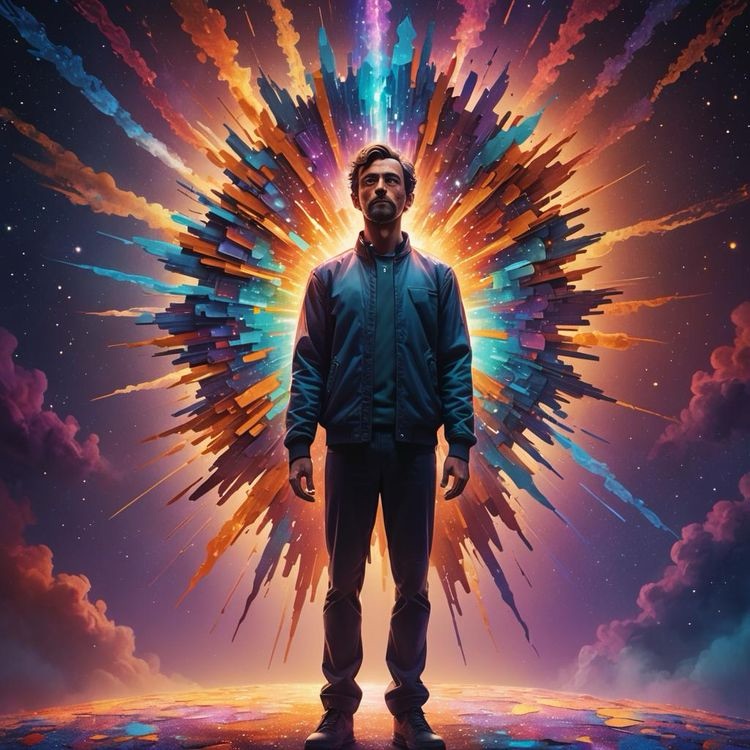Unlocking the Power of Transformation
The human body is more than just a vessel for life, it’s one of the greatest spiritual technologies we possess. Like an alchemical machine, our body has the ability to process, transform, and transmute all kinds of energy, turning raw experiences into personal power. By understanding the body’s potential as a transformative force, we can tap into a deep reservoir of creativity, healing, and awakening.
At its core, alchemy is about transformation. Ancient alchemists sought to turn base metals into gold, but the true alchemical process occurs within us. Our body is capable of transmuting the energy of pain, rage, hate, and trauma into something far greater. When we face life’s hardships, rather than letting them break us, we can use them as fuel to build strength. This transformation isn’t just emotional—it’s spiritual. The negative experiences that weigh us down can be re-forged into the very power that lifts us up.

When we transmute these energies, we often see them expressed through creativity. Music, poetry, art, and storytelling become channels for the emotions we’ve processed, allowing us to turn our darkest moments into something meaningful. The very energies that once caused suffering can emerge as profound works of beauty and insight, inspiring others and awakening new perspectives in ourselves.

But it’s not just about transforming what energy we take in, our body, as an alchemical machine, is also designed to receive positive energy. When we welcome in energies such as empowerment, encouragement, and humor, we elevate our own vibration. These high-frequency energies feed our creative spirit and help us stay connected to our inner power. When we allow ourselves to be filled with these forces, we can not only uplift ourselves, but we also become conduits for spreading light to those around us.

This transformation process has a ripple effect. By harnessing our own energy and using it creatively, we become living examples of what’s possible. Others who witness our journey are awakened to the potential within themselves. We show them that the body isn’t just a passive vessel, but a dynamic tool for growth, change, and personal mastery.
Between now and the end of this month, a unique window of opportunity exists to deepen this transformative practice. The veil between worlds, the spiritual and the physical, thins during certain times of the year, allowing us to access the magic of life with greater ease. This is the time to embrace our power, expand our light, and transmute the energies we encounter into higher forms of consciousness.

True abundance and magic in life come from having a full range of working faculties: good health, a sharp mind, a vibrant body, a safe home, and nourishing food. But it also includes something greater, the ability to create, to uplift others, and to live in harmony with our soul’s purpose. These are the real treasures that allow us to thrive and awaken to our highest potential.
Life will always test our limits. We will encounter challenges designed to see how much we can bear, but these tests are not meant to defeat us. They are opportunities to release more of the ego, to let go of attachments that no longer serve us, and to understand the deeper wisdom of the heart. In this constant process of weighing our actions and intentions, we are invited to release the karma of our past and create new pathways forward.

Each day, as we move through the world, we have the chance to transform, to alchemize, and to step into a fuller version of ourselves. The more we embrace the body’s power as a spiritual technology, the more we can live in alignment with our true nature, one of creativity, love, and higher consciousness. By doing so, we light the way for others, showing them that life’s trials are not obstacles, but stepping stones to personal mastery and spiritual awakening.

In the end, the greatest magic lies not outside of us, but within the body and soul we carry. Embrace this machine of alchemy, and witness how it can turn the raw elements of life into the gold of your highest self.
